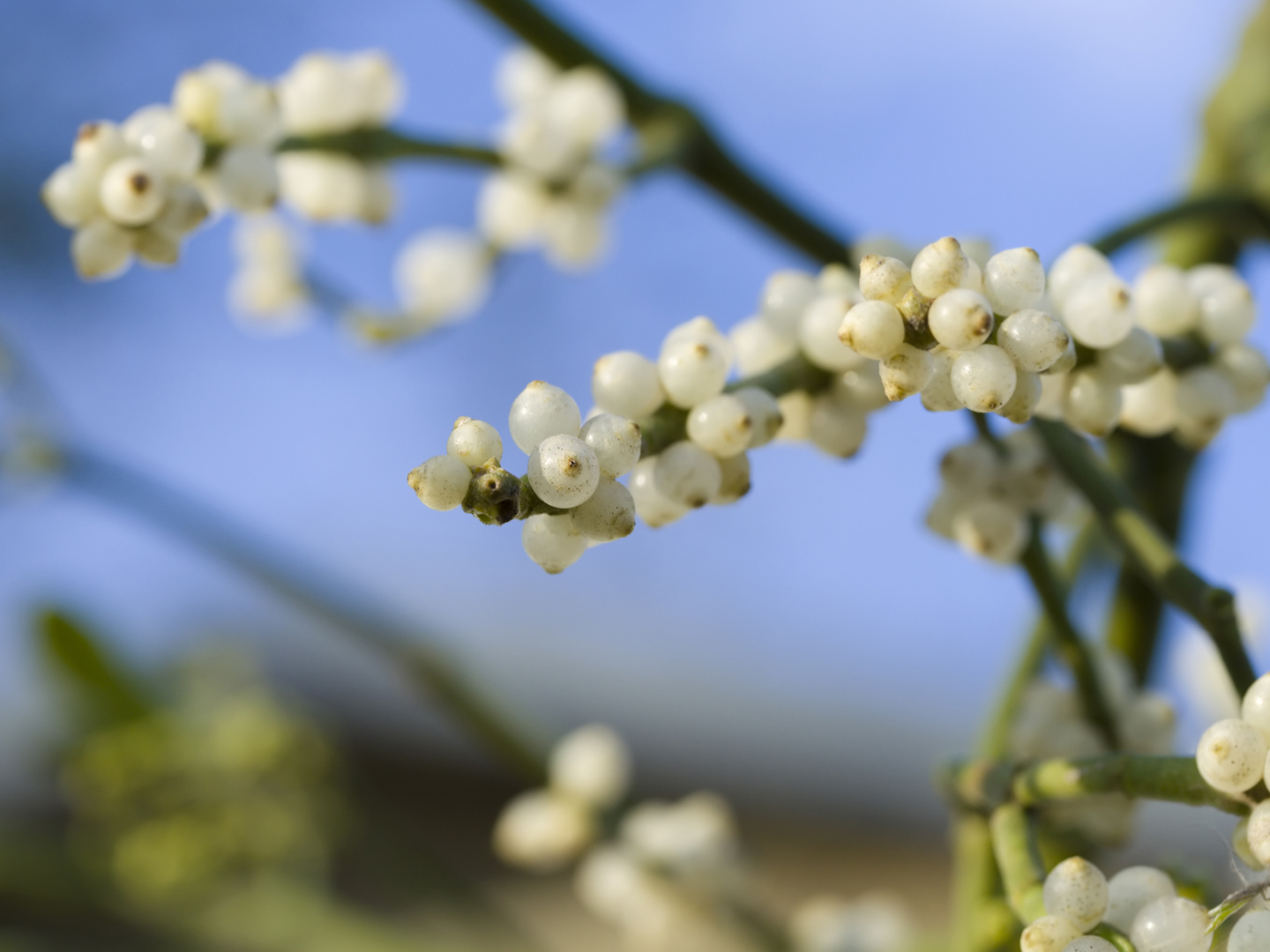Mistletoe for Cancer?
What can you tell me about Iscador as a cancer treatment?
Andrew Weil, M.D. | December 20, 2006

Iscador is an extract of European mistletoe (Viscum album). The main proponents of Iscador for cancer treatment are anthroposophic physicians who follow the tradition established by Austrian philosopher Rudolf Steiner, a Christian mystic and student of eastern as well as western spiritual traditions. Anthroposophic medicine addresses both the spiritual and physical components of illness. Steiner’s followers have created a network of schools, hospitals, and nursing homes throughout Europe and the United States.
In the laboratory, mistletoe extracts have been shown to kill cancer cells and to stimulate immune cells that can help the body fight cancer. A few animal studies have suggested that the extracts may help reduce the side effects of chemotherapy and radiation. However, so far, the few human studies that have been performed haven’t yielded conclusive findings.
The National Center for Complementary and Alternative Medicine (NCCAM) and the National Cancer Institute (NCI), both part of the U.S. National Institutes of Health, are sponsoring two clinical trials to test the efficacy of mistletoe extract. One will look at the combination of mistletoe and the chemotherapy drug gemcitabine for treatment of patients with advanced pancreatic, colorectal, non-small-cell lung, or breast cancer. The goal is to see whether the mistletoe helps patients better tolerate the chemotherapy or whether it stimulates immune system cells to more effectively combat the cancer. The researchers plan to recruit between 45 and 51 patients for the study. Find more information on this clinical trial here.
The other study is recruiting patients being treated with conventional chemotherapy for non-small-cell lung cancer to determine whether supplemental treatment with mistletoe improves immune function and quality of life. Find more information on this study here.
Iscador is said to be among the most widely used unconventional cancer treatments in Europe. It is approved by Germany’s Commission E as palliative therapy for malignant tumors – that is, for treatment of symptoms, not as a “cure” for the disease. The extract is injected under the skin on a daily basis. You should be aware that Iscador is not available in the United States, except through clinical trials, and that it is dangerous to ingest any part of the mistletoe plant. All parts are toxic – they can cause blurred vision, nausea, and vomiting, stomach pain, diarrhea, irregular heartbeat, confusion, convulsions, disorientation and drowsiness. In some instances, consuming mistletoe has led to seizures and death.
I’m glad that mistletoe is being investigated seriously by the NCCAM and NCI. The study results should give us a much better idea of its usefulness in cancer treatment.
Andrew Weil, M.D.









